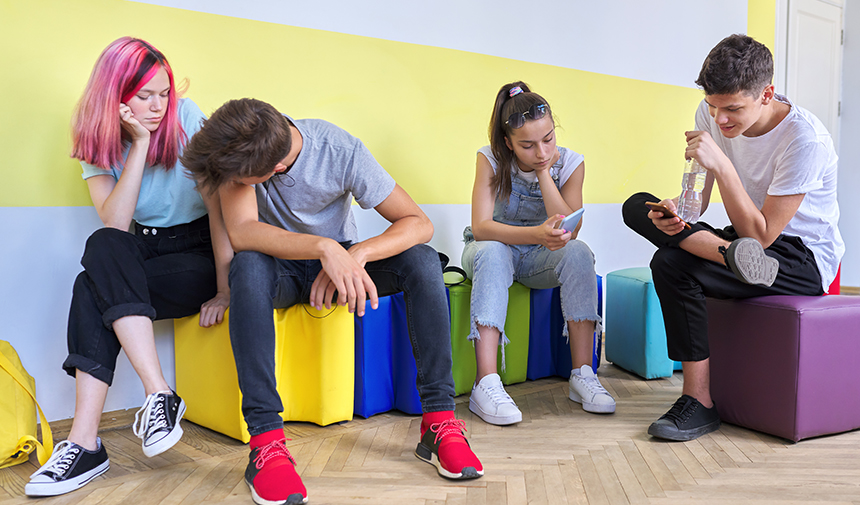Social and emotional learning (SEL) in schools is an educational approach that aims to improve students’ emotional intelligence, empathy, effective communication, and strengthening problem-solving skills. Social and emotional learning emphasizes students’ personal and social development as well as academic success. Therefore, SEL programs play an important role in ensuring that students succeed both in school and in life.
Essential Elements of Social and Emotional Learning
Social and emotional learning revolves around five key skills: self-awareness, self-management, social awareness, managing relationships, and responsible decision-making. Self-awareness enables students to understand their own emotions and thoughts, while self-management involves the ability to control their emotions and focus on their goals.
Social awareness is the ability to understand the emotions and perspectives of others. This skill strengthens their ability to empathize and accept different cultures. It includes skills in managing relationships, effective communication, collaboration and conflict resolution. Responsible decision-making involves the ability to make ethical and informed choices. These five skills provide a basic framework for students to develop their social and emotional intelligence.
The Role of Social and Emotional Learning in Schools
Social and emotional learning in schools aims to provide students with life skills beyond academic skills. This teaches students how to interact with others and deal with complex situations using their emotional intelligence. SEL programs help students develop healthy relationships, manage stress and anxiety, and be more successful in society.
Social and emotional learning can also positively impact students’ behavior. Such programs can reduce discipline problems in the classroom and increase students’ commitment to school. Additionally, SEL can contribute to increased academic success by strengthening students’ problem-solving skills.
Strengthening Empathy and Communication Skills
Empathy and communication skills are essential components of social and emotional learning. Empathy helps students understand and connect with the emotions of others. This skill can reduce bullying and create a more positive environment in the classroom. Empathy also helps students accept different cultures and perspectives.
Communication skills enable students to express themselves effectively and collaborate with others. These skills can help students resolve conflicts and achieve better results during group work. Good communication also strengthens student-teacher relationships and creates a more harmonious environment in the classroom.
Long-Term Benefits of Social and Emotional Learning
Social and emotional learning helps students develop skills that will benefit them after they graduate from school. These skills form the basis for success in business and daily life. Individuals with social and emotional skills can be more effective leaders in the workplace and build strong team relationships.
Additionally, social and emotional learning supports students’ emotional health, contributing to less stress and anxiety in adulthood. SEL also encourages students to become more responsible and sensitive citizens by increasing their participation in society.



